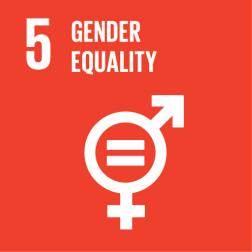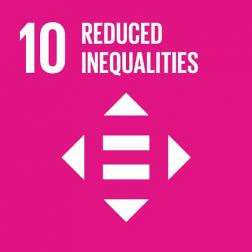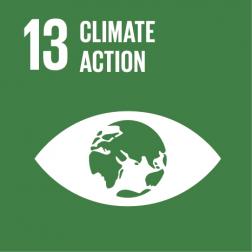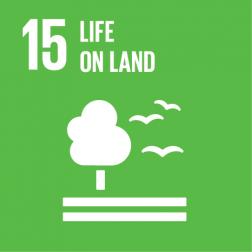General
In Ethiopia, the commitment of the programme's target actors to the co-construction of sustainable food systems and a healthy environment is strengthened. There is now a scientific consensus on the need for a radical change in our food systems to ensure food and nutritional security for all and to achieve the SDGs while preserving the environment (IAASTD, IPES-Food, IPBES, UN TEEBAgriFood, ...).
Agroecological transition is one of the major ways of radically transforming food systems (HLPE 2020 report). Indeed, agroecological principles emphasize the right to food and the active participation of vulnerable groups and women in food strategies, they promote regenerative practices and insist on diversity and resilience in the whole food system.
In that line, the outcome aims at strengthening the commitment of the programme's target actors, especially smallholder farmers, to the co-construction of sustainable food systems and a healthy environment. Those efforts will contribute to improve smallholder farmers’ living conditions, in particular young people and women, in rural zones of Oromia and Amhara. The strategies put in place will tackle economic, social and political challenges: on the economic side, farmers will be accompanied to engage in agroecological production methods (training, exchange visits, access to micro-financial services, seeds banks …) and to strengthen fair and sustainable collection, storage, processing and marketing systems (coaching, linkages, access to finance). On the social side, a strong focus will be given to gender specially to allow women to participate more in the different levels of management of the food system (sensitization, leadership training, economic empowerment…); citizens (especially through schools and targeted rural communities) will also be sensitized and mobilized for the development of sustainable food systems. At a more political and institutional level, inclusive territorial development dynamics will be promoted (at district and kebele levels) and the programme partners will also discuss with national authorities to promote policies favouring the rights of farmers.
General information
Title
SIA – Programme "Feed Good Ethiopia" for sustainable food systems and a healthy environment
ID
XM-DAC-2-10-7514
CRS ID
2022007514
Start date
End date
Activity status
Implementation
Budget
€1.666.805
Actor
NGO SOS Hunger
Country
ETHIOPIA
Sector
Multisector - Food security policy and administrative management
Policy markers
Nutrition 1
Gender 1
Desertification 1
Biodiversity 1
Climate: Mitigation 1
Climate: Adaptation 1
Environment 1
Good Governance 1
Trade Development 1
Aid type
Core support to NGOs, other private bodies, PPPs and research institutes
Fragile state
Yes
Least developed country
Yes
Budgetline
54 20 356072 NGO Programs
Finance type
GRANT
Tied status
No
Flow type
ODA





